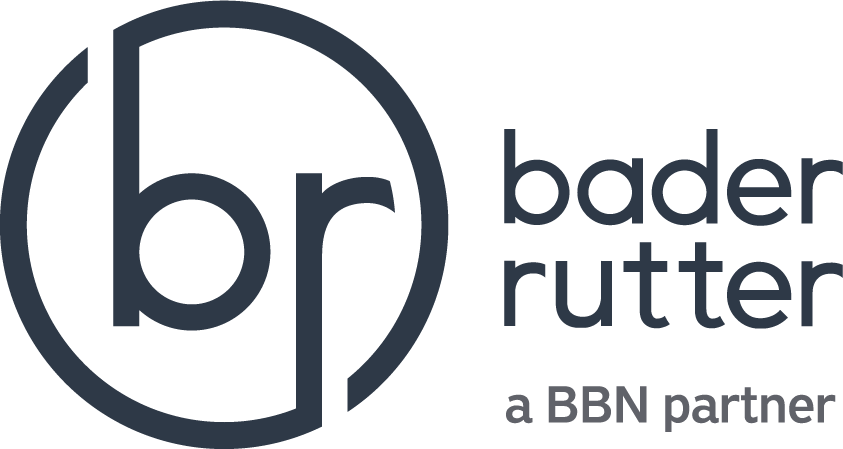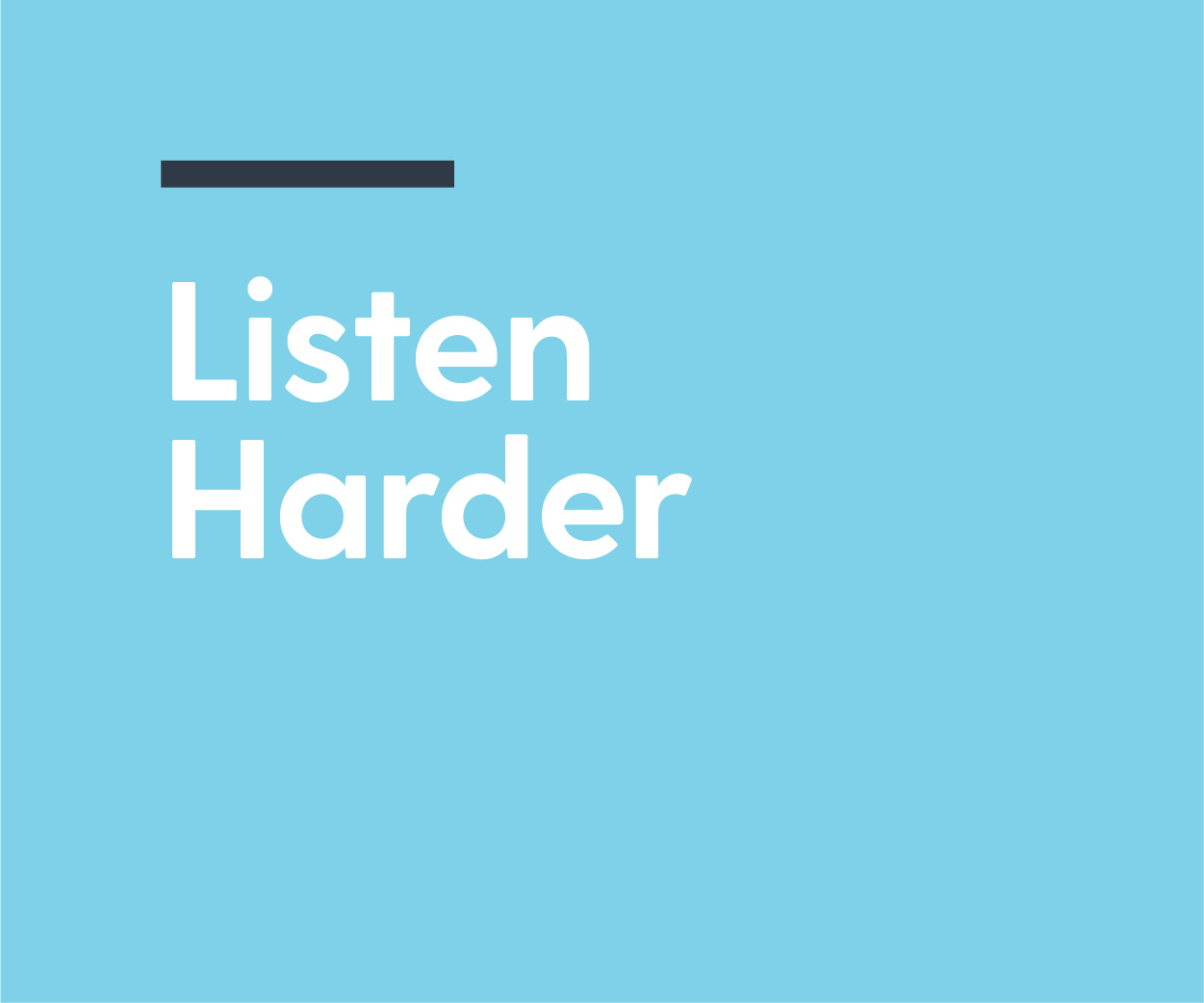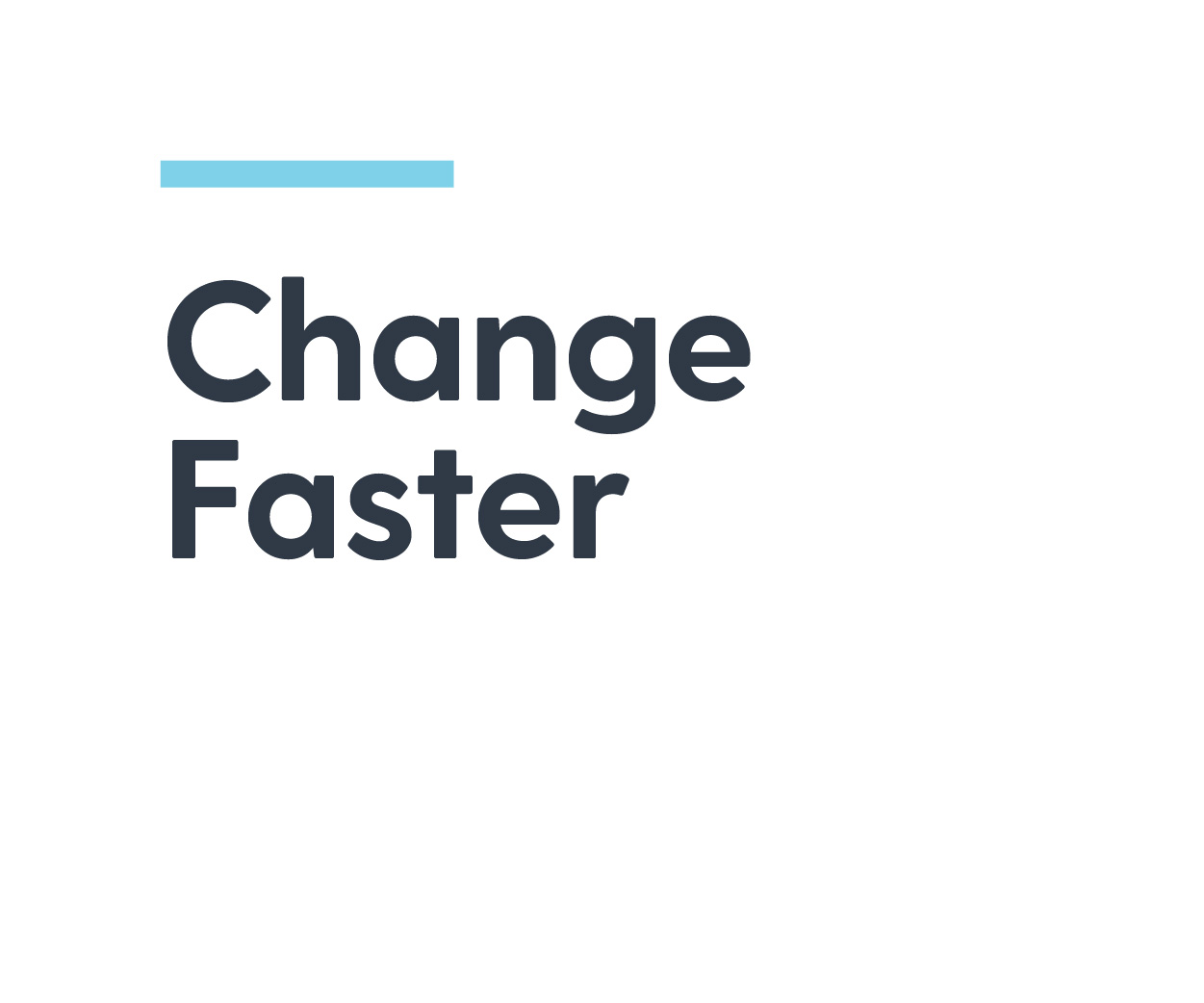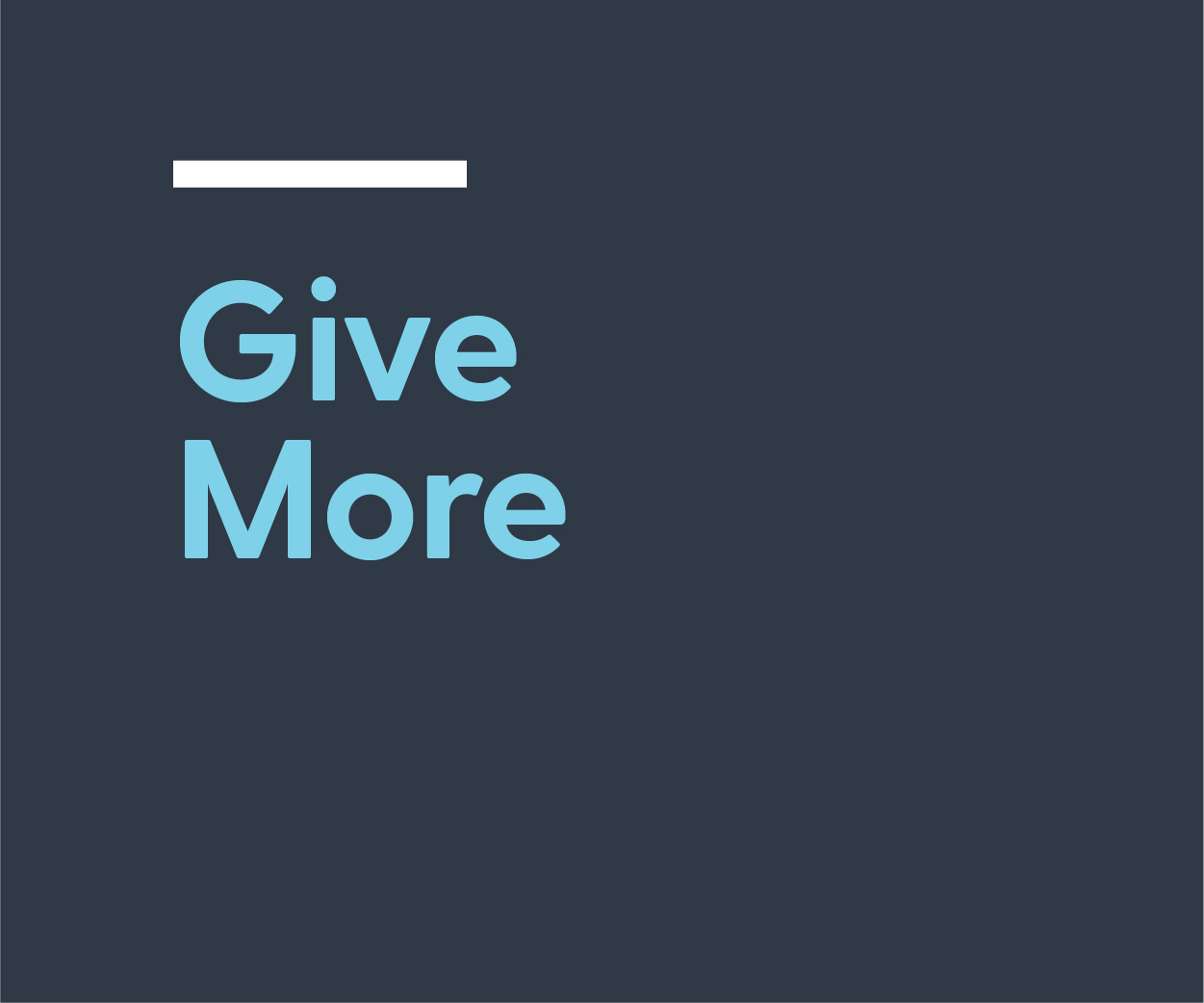The D&I Digest: February 2021
In keeping with one of our core pillars to “give more,” Bader Rutter will donate money this month to:
Race Forward:
Race Forward offers systemic racism analysis and an innovative approach to complex race issues to help people take effective action toward racial equity. Race Forward is home to the Government Alliance on Race and Equity (GARE), a national network of local government working to achieve racial equity and advance opportunities for all. Race Forward publishes the daily news site Colorlines and presents Facing Race, the country’s largest multiracial conference on racial justice.
The Milwaukee Urban League:
Established in 1919 as an affiliate of the National Urban League (NUL), this agency is one of numerous NUL affiliates established during the early 20th century, when millions of African Americans migrated north from southern states in search of greater opportunities and a better way of life. Their mission today offers numerous programs that are designed to help African Americans, and other people of color, achieve civil rights and social and economic equality so they can become more self-reliant members of society.
Black History Month
Black people have made significant contributions to the fabric of this nation (literally helping sew the Star-Spangled Banner), many of which have been historically overlooked. Think back to the education you received: Was African American history an elective, or were the accomplishments of Black people interwoven into the standard curriculum? Which “classics” were read, and whose art was studied?
Despite the push to increase the inclusion of Black accomplishments into history classes, this remains an area of contention. Often, the contribution of Black people beyond the pioneers in abolition and activism are not widely taught. Black History Month invites us all to reflect on the impact Black people have had across all disciplines in this country.
Here’s how Black History Month got started:
Black History Month grew from “Negro History Week,” a celebratory and educational week started by Carter G. Woodson and the Association for the Study of African American Life and History. First held in 1926, the second week of February was chosen to celebrate the birthdays of Abraham Lincoln and Frederick Douglass. “Negro History Week” eventually expanded into a monthlong event. In 1976, Gerald Ford officially recognized Black History Month, encouraging everyone to learn about the accomplishments of Black Americans throughout our history.
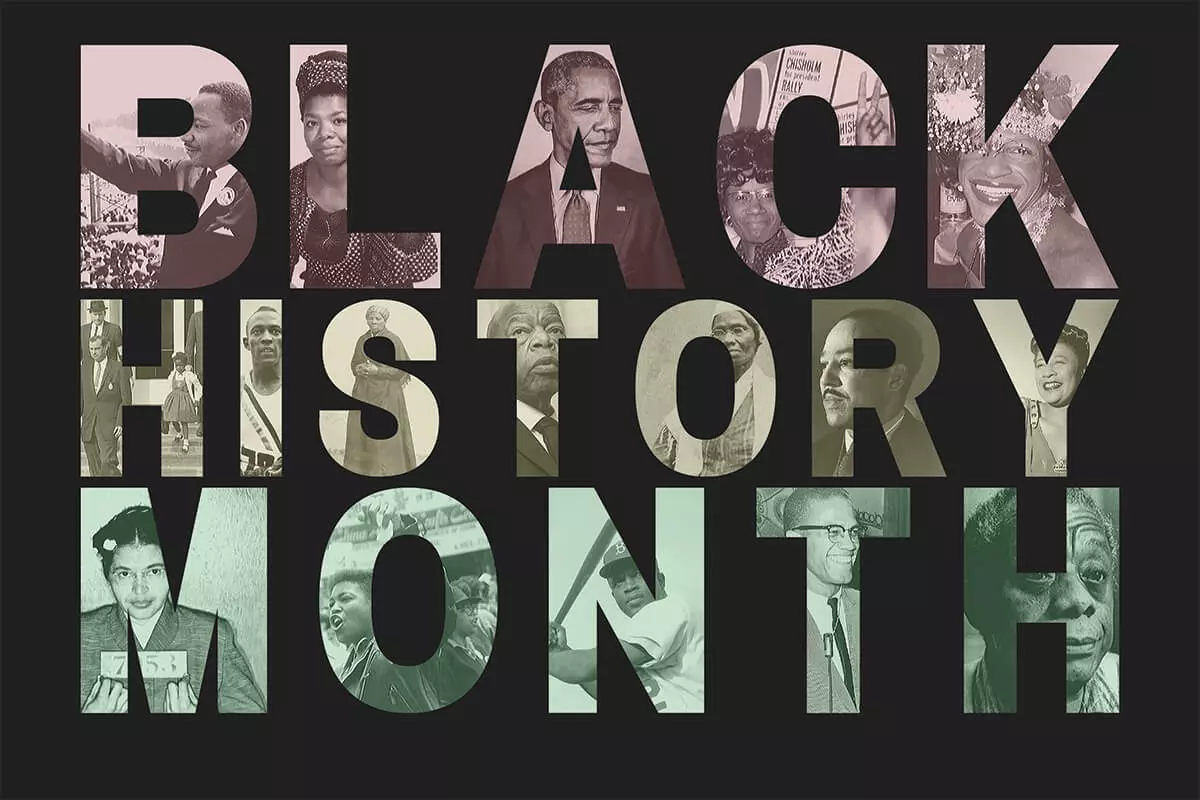
Here are some ways to celebrate:
Got a favorite hobby? Research the origins of that hobby and the contributions Black people have made in its development.
Sign up for 28 Days of Black History for daily emails in February featuring a virtual exhibition of 28 works that celebrate Black legacy in the United States.
Get your young readers involved. Here’s a list of children’s books about lesser-known contributors.
Attend the Black History Month Virtual Festival hosted by the Association for the Study of African American Life and History.
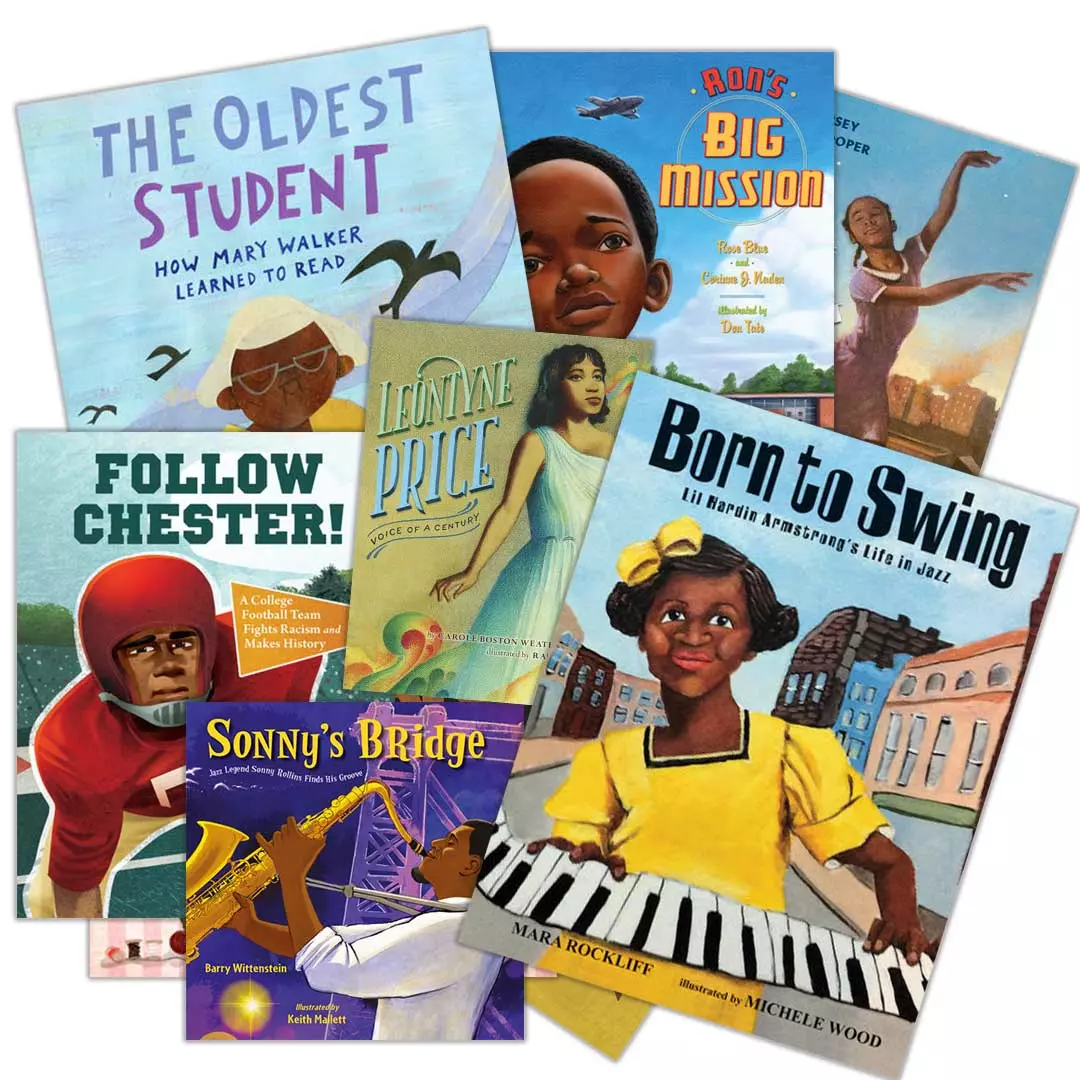
Support Black history in the making by supporting Black creators:
- Black authors write about more than anti-racism. Support them.
- DoorDash, Caviar, Uber Eats, Postmates, Grubhub: Once in the app, search “Black Owned.”
- Etsy
- Netflix and Hulu
- Milwaukee Black-owned businesses
- Chicago Black-owned businesses
- Additional Black-owned businesses
Do more to learn about Black history this month.
In celebration of Black History Month, you can participate in LinkedIn Learning’s BHM Challenge, kicking off Feb. 9, where some of the incredible courses taught by Black authors will be spotlighted. Challenge yourself to participate each day and to discover new courses. Each day’s activity can be completed in about five minutes. Happy learning!
To participate:
Save the calendar attachment that was sent out with the Newsletter email.
Complete each day’s short learning (about five minutes or less).
Email mbradley@bader-rutter.com on Feb. 25, letting her know you completed watching all the videos (your name will be entered into a drawing for a $25 gift card).
World Day of Social Justice
“Social justice is an underlying principle for peaceful and prosperous coexistence within and among nations. We uphold the principles of social justice when we promote gender equality, or the rights of indigenous peoples and migrants. We advance social justice when we remove barriers that people face because of gender, age, race, ethnicity, religion, culture or disability.” — United Nations
World Day of Social Justice is observed each year on Feb. 20. This day is meant to encourage people to look at how social justice affects poverty and its eradication. It also focuses on the goal of achieving full employment and support for social integration.
To learn more, see a great list of resources here.
Updates:
Also happening in February:
Feb. 15: Presidents Day, a federally recognized celebration in the United States of George Washington’s birthday, as well as every president after Washington.
Feb. 17: Ash Wednesday, the first day of Lent on the Christian calendar. Its name is derived from the symbolic use of ashes to signify penitence. It takes place immediately after the excesses of the two days of Carnival that take place in Northern Europe and parts of Latin America and the Caribbean.
Feb. 25-28: Intercalary days, or Ayyám-i-Há, celebrated by people of the Bahá’í faith. At this time, days are added to the Bahá’í calendar to maintain their solar calendar. Intercalary days are observed with gift giving, special acts of charity and preparation for the fasting that precedes the new year.
Feb. 25-26: Purim, a Jewish celebration that marks the time when the Jewish community living in Persia was saved from genocide. On Purim, Jewish people offer charity and share food with friends.
Feb. 26: Lantern Festival, the first significant feast after the Lunar New Year, named for the Chinese lanterns that illuminate the sky during the night of the event.
Join us for a VLS with Corey Flournoy, VP, global head of Diversity, Equity and Inclusion at Aurora Tech.
Feb. 24, 2021; 1:30-2:30 p.m.
Invite from L&D to come soon
Missed our last newsletter?
Every month moving forward, D&I will release a monthly newsletter, but the previous issues are always available for you. Check out last month’s issue here:
Want to help the D&I Leadership Council? Have an idea on something that should be highlighted next month? Send us a note.
Dig in further on our SharePoint site that highlights our four pillars.
Learn More: BR supports each employee’s process of self-discovery about topics related to diversity, inclusion and belonging. We do this by providing resources and opportunities for employees to educate themselves.
Listen Harder: BR leadership commits to listening to employees about topics related to diversity, inclusion and belonging, and encourages employees to have open and honest conversations with each other. We do this by providing a range of feedback channels and spaces for discussion.
Change Faster: BR executes on action plans to become a more diverse and inclusive organization that fosters a sense of belonging. We do this by providing training for our employees, implementing talent acquisition plans and tracking our progress.
Give More: BR gives of its resources to support diversity, inclusion and belonging, and encourages employees to do the same. We do this by offering our employees service days, partnering with local organizations on pro bono work and making monetary donations.
